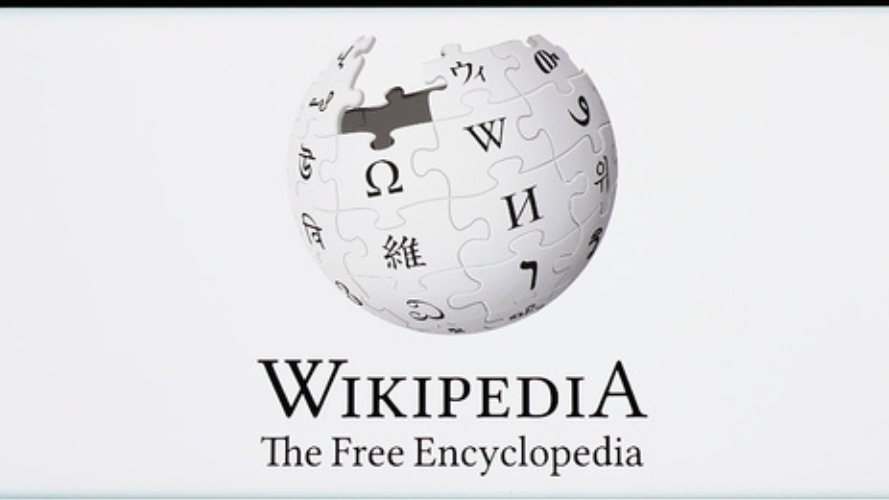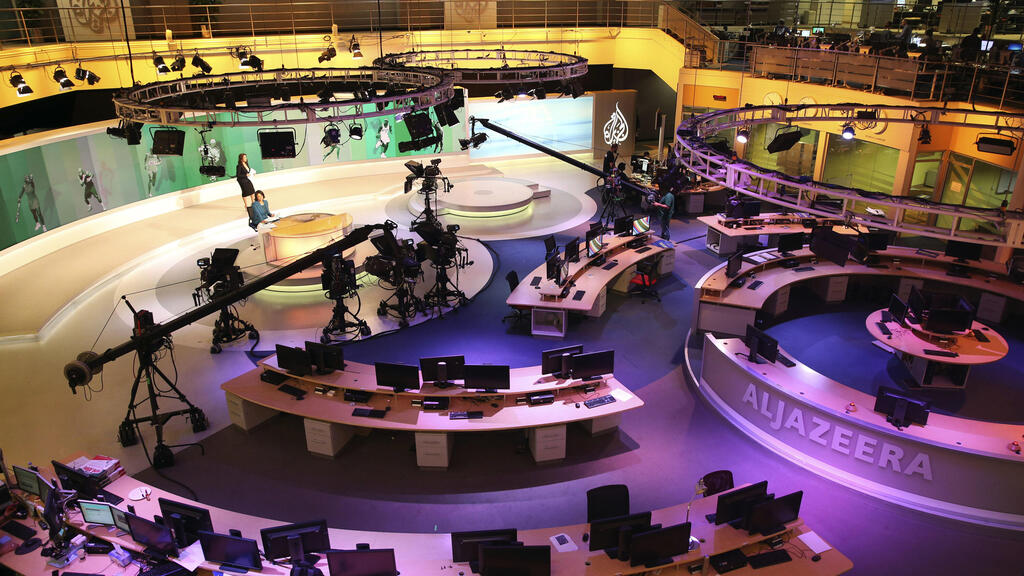Getting your Trinity Audio player ready...
Wikipedia, the world's largest and most popular online encyclopedia, has long aimed to establish itself as a trustworthy and unbiased source of knowledge, with neutrality as one of its foundational principles. However, recent alarming occurrences raise fears that this fundamental commitment is being considerably compromised, particularly in publications on sensitive topics such as the Israeli-Palestinian conflict. The creation of a problematic double standard in source evaluation on these topics casts doubt on the platform's objectivity and editorial procedures' integrity.
Based on the primary premise of neutrality, the sources the encyclopedia relies on should provide information that is accurate, balanced, and verified without prejudice. However, recent events have raised serious questions about whether these rules are consistently followed.
One striking example is Wikipedia's decision not to accept the Anti-Defamation League (ADL), one of the most prominent civil rights organizations in the world, as a legitimate source. The ADL has a long history of working for human rights and combatting hatred, having published well-researched publications on antisemitism, racism, and extremism. Despite its established trustworthiness, Wikipedia regards the ADL as an untrustworthy source on Israel and Zionism, and only "roughly" trustworthy on antisemitism. This decision is odd, especially given that the ADL's research is frequently cited by academics, journalists, and officials worldwide.
In sharp contrast, Wikipedia regards Al Jazeera, a Qatar-funded news organization, as a trustworthy source. While Al Jazeera is a major international broadcaster, its editorial stance has been critiqued for reflecting Qatar's political interests, including its alignment with Hamas. This influence can result in coverage that is viewed as biased, particularly on issues related to the conflict. Despite worries and reporting about its impartiality, Wikipedia has acknowledged Al Jazeera as a reliable source.
IDF strike in Jabaliya as covered by Al-Jazeera
This mismatch raises an important question: why is Wikipedia willing to accept Al Jazeera, despite its well-known one-sided stance, but condemning the ADL, an organization recognized for its research and transparency? This obvious double standard weakens Wikipedia's commitment to impartiality and objectivity, bringing into doubt its trustworthiness as a reliable resource.
The repercussions of the double standard are far-reaching. Wikipedia is more than simply a simple reference tool. Unlike social media platforms, it is frequently and incorrectly considered an authoritative source for the public. When Wikipedia presents biased sources like Al Jazeera as impartial while disregarding legitimate organizations like the ADL, it jeopardizes the integrity of the information provided.
To maintain its reputation as an impartial and dependable resource, Wikipedia must apply the same standards to all sources, regardless of political affiliation or financial sponsorship. Selectively accepting biased sources weakens Wikipedia's core value: its dedication to delivering balanced and impartial information. Until Wikipedia overcomes this double standard, its claim to neutrality will be increasingly questioned, and its credibility as a dependable source of knowledge will decline.
Exacerbating the problem is the continued collaboration of over 40 editors who have been revealed by the media for manipulating articles about Zionism, Israel, and the conflict. Despite evidence of ongoing collaboration and systematically biased editing, neither the foundation nor the Wikipedia community has taken any action to address the biased edits or to suspend the accounts of the editors involved.
This absurdity must end through intervention. If the community or the Wikimedia Foundation won’t act, then perhaps Congress should, in the name of democracy, and the right of the public to form opinions based on facts, not propaganda.
- Dr. Shlomit Aharoni Lir is a Research Fellow at Bar Ilan University and the University of Haifa, and a founding member of Forum Dvorah
Get the Ynetnews app on your smartphone:






